Key Factors Influencing Commercial Auto Insurance Costs. comprehend commercial auto insurance costs, need be aware the key factors insurance companies while calculating premiums. Let's break each these variables. 1. Type Value the Vehicle(s): type, value, safety features a vehicle a .
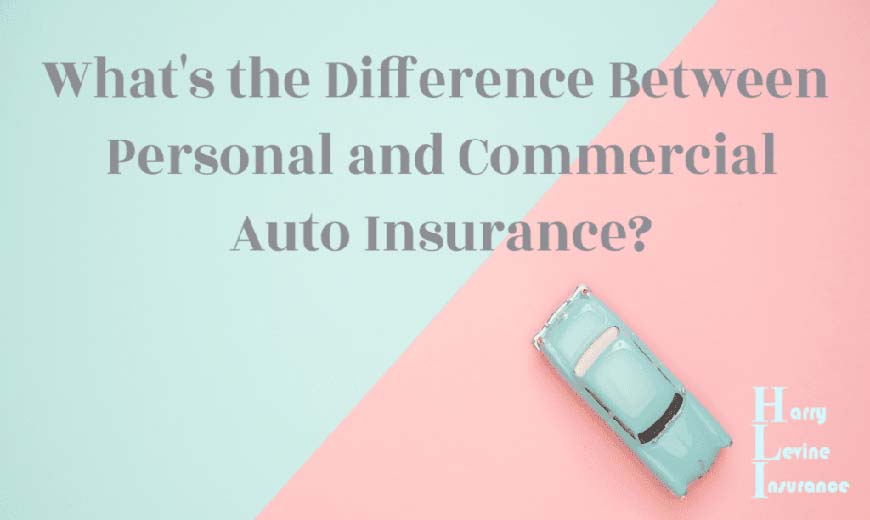 Case Studies: Commercial Auto Insurance: A Complete Guide. Case Study 1: Reducing Insurance Costs a Small Business. small delivery company, XYZ Couriers, facing high commercial auto insurance premiums due multiple accidents claims. . However, comprehensive commercial auto insurance coverage, included liability .
Case Studies: Commercial Auto Insurance: A Complete Guide. Case Study 1: Reducing Insurance Costs a Small Business. small delivery company, XYZ Couriers, facing high commercial auto insurance premiums due multiple accidents claims. . However, comprehensive commercial auto insurance coverage, included liability .
 Commercial auto insurance liability physical damage coverage company-owned vehicles other cars, vans trucks for business purposes. . Liability car insurance; Comprehensive collision; Non-owner car insurance; Gap insurance; . Commercial auto insurance costs been increasing some time are expected .
Commercial auto insurance liability physical damage coverage company-owned vehicles other cars, vans trucks for business purposes. . Liability car insurance; Comprehensive collision; Non-owner car insurance; Gap insurance; . Commercial auto insurance costs been increasing some time are expected .
 Let's explore factors influence cost commercial auto insurance, provide insights saving money, guide in choosing best policy, answer common questions coverage. . guide in choosing best policy, answer common questions coverage. . a comprehensive understanding your .
Let's explore factors influence cost commercial auto insurance, provide insights saving money, guide in choosing best policy, answer common questions coverage. . guide in choosing best policy, answer common questions coverage. . a comprehensive understanding your .
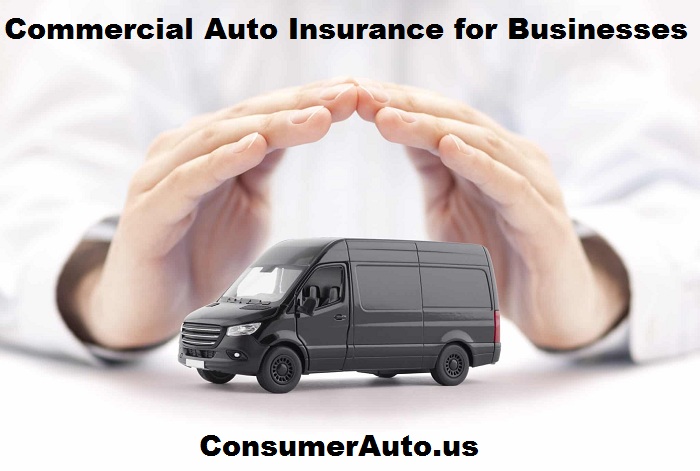 Explore comprehensive guide commercial auto insurance, understand importance, coverage, costs, how choose right policy your business. View 3 pitfalls avoid cost to 6% fees.
Explore comprehensive guide commercial auto insurance, understand importance, coverage, costs, how choose right policy your business. View 3 pitfalls avoid cost to 6% fees.
![]() Quick Guide: You to About Commercial Auto Insurance Rates: Coverage Essential: any business vehicles, commercial auto insurance a must-have cover damages injuries. Factors Affecting Costs: type work, number vehicles, state operation, claims history, coverage limits influence premium. Average Costs: Monthly premiums vary widely .
Quick Guide: You to About Commercial Auto Insurance Rates: Coverage Essential: any business vehicles, commercial auto insurance a must-have cover damages injuries. Factors Affecting Costs: type work, number vehicles, state operation, claims history, coverage limits influence premium. Average Costs: Monthly premiums vary widely .
 How Does Commercial Vehicle Insurance Cost? cost commercial vehicle insurance vary widely based several factors: 1. Type Vehicle. fleet trucks cost to insure a single company car. Bigger, expensive vehicles higher premiums. 2. Usage
How Does Commercial Vehicle Insurance Cost? cost commercial vehicle insurance vary widely based several factors: 1. Type Vehicle. fleet trucks cost to insure a single company car. Bigger, expensive vehicles higher premiums. 2. Usage


 Important Commercial Auto Insurance Elements 1. Protection Liability. core commercial auto insurance liability coverage. you one your drivers determined be fault an accident, safeguards company. coverage a strong financial safety net paying medical costs, legal fees, property damage.
Important Commercial Auto Insurance Elements 1. Protection Liability. core commercial auto insurance liability coverage. you one your drivers determined be fault an accident, safeguards company. coverage a strong financial safety net paying medical costs, legal fees, property damage.
 Commercial Vehicle Insurance Cost
Commercial Vehicle Insurance Cost
 How Much Is Commercial Car Insurance
How Much Is Commercial Car Insurance
 Navigating Business Auto Insurance: A Comprehensive Comparison Guide
Navigating Business Auto Insurance: A Comprehensive Comparison Guide
 Commercial Auto Insurance: Cost & Coverage
Commercial Auto Insurance: Cost & Coverage
 Understanding Commercial Auto Insurance Costs: A Quick Guide - ISU Armac
Understanding Commercial Auto Insurance Costs: A Quick Guide - ISU Armac
 What does commercial auto insurance cost? | Progressive Commercial
What does commercial auto insurance cost? | Progressive Commercial
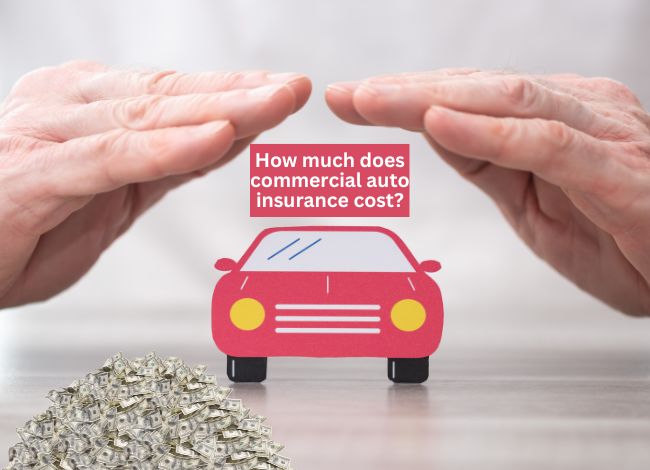 How much does commercial auto insurance cost?
How much does commercial auto insurance cost?
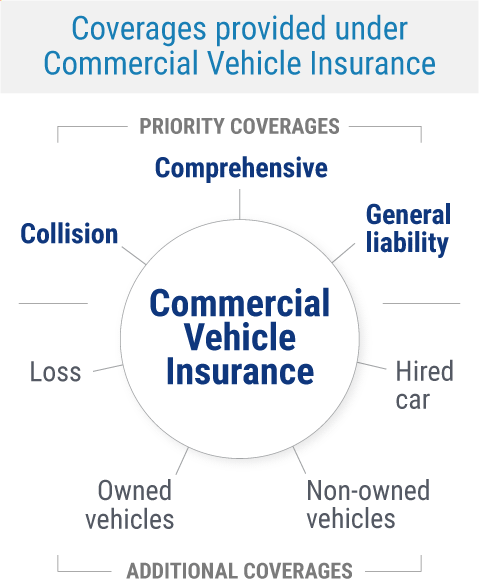 Commercial Auto Insurance for Your Business | Trusted Choice
Commercial Auto Insurance for Your Business | Trusted Choice
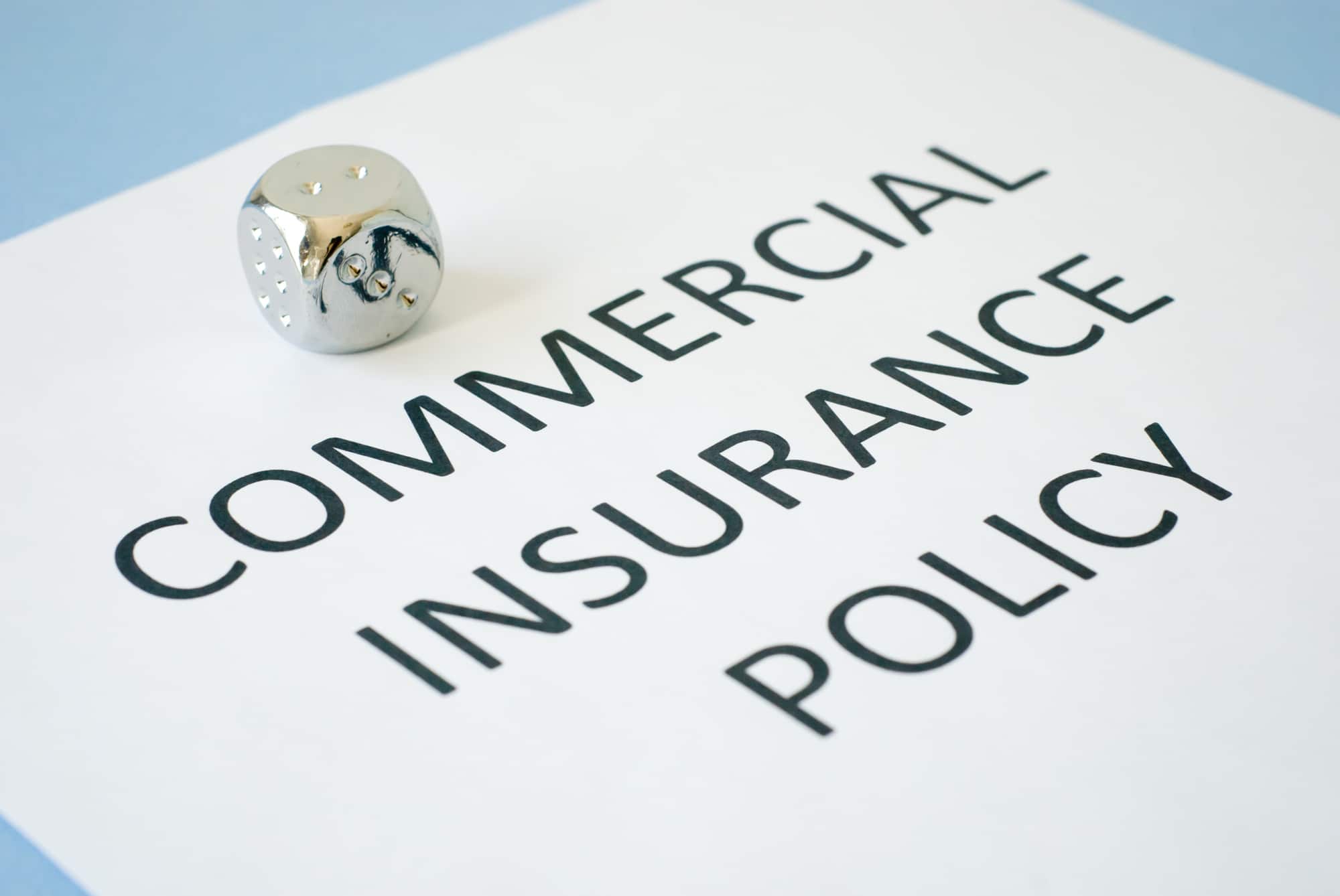 The Commercial Auto Insurance Cost: What You Should Know
The Commercial Auto Insurance Cost: What You Should Know
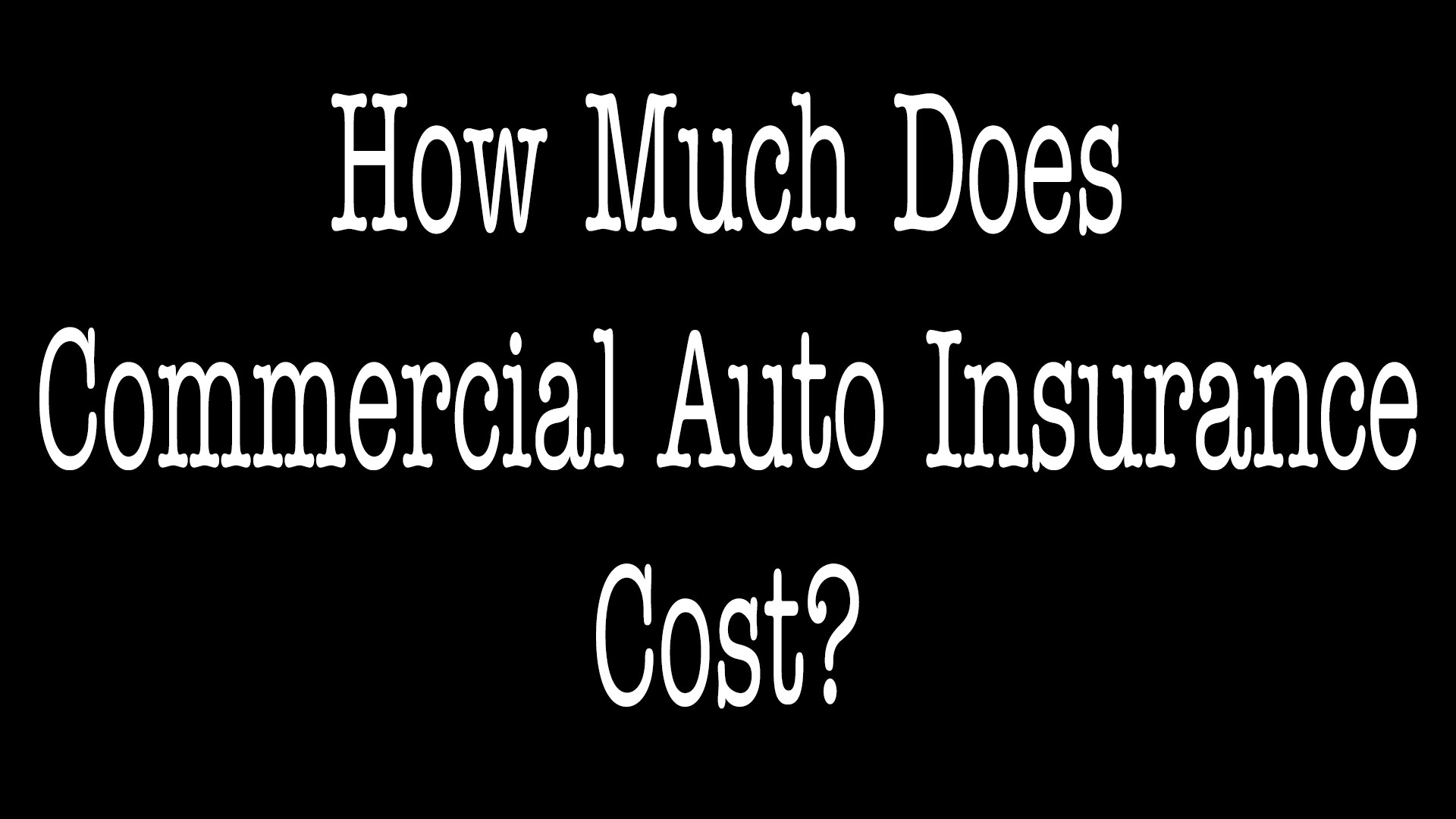 How Much Does Commercial Auto Insurance Cost?
How Much Does Commercial Auto Insurance Cost?
 Commercial Auto Insurance Bradenton - Boyd Insurance
Commercial Auto Insurance Bradenton - Boyd Insurance

